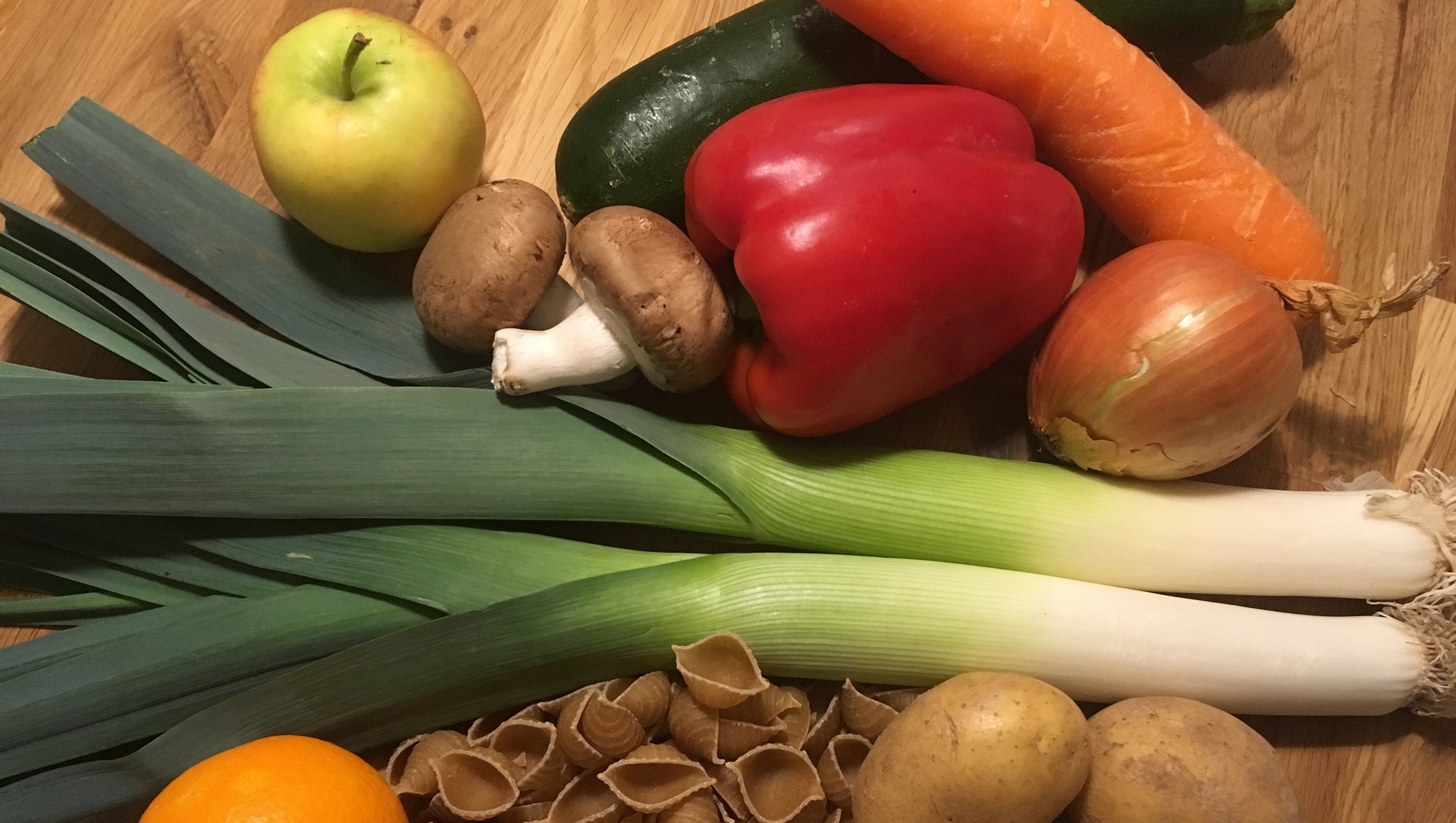The choice of food matters to the climate and the environment
It should be easier for professional kitchens to include climate-friendly and sustainable dishes on the menu. A new project aims to map organic foods’ impact on the environment and thus make it easier for large kitchens to create responsible food purchases

Climate-friendly and sustainable meals have received a lot of attention in the past year and with good reason. Our food production and consumption are responsible for 20-30% of all global greenhouse gas emissions.
If we are to reduce the climate impact of our food, it is important to look at how we produce, process and transport food. However, it is at least as important to consider what kinds of foods we choose to eat and how much of it we throw out. In fact, our food choices provide the greatest opportunity to reduce the food system’s climate impact.
However, our food system does not only affect the climate. It also affects the biodiversity in the fields, the amount of pesticides in our drinking water, the amount of nitrogen in our ecosystems and the amount of carbon stored in the soils. Hence, it is equally important to consider environmental impacts of our food consumption.
Recently, a major project was completed, in which health researchers and environmental scientists worked together to find the optimal diet, which is good for the climate, the environment and for our health. Actually, there is often a correlation between what is healthy and sustainable.
One of the things that have a large influence on what kinds of food we eat is the professional kitchens, as they choose which kinds of foods to serve all across the country every day. There is a growing demand for climate-friendly and sustainable meals; however, the kitchens lack tools that allow these aspects to be taken into account when planning what to put on the menu.
The research project SustainOrganic will try to rectify this by mapping organic foods’ impact on the environment and further by exploring how different dietary compositions in professional kitchens affect the environmental impact.
The project is led by the Department of Agroecology at Aarhus University and is implemented in collaboration with Hørkram Foodservice, Aarstiderne and Fazer Food Services.
The project partners will select the most common organic foods and analyze the production’s impact on the environment, including the impact on climate and biodiversity. This is carried out by utilizing Life Cycle Assessment (LCA), in which all sub-processes affecting the manufacture of a specific product (e.g. 1 kg of wheat) are included.
Everything that is used on the farm like feed, fertilizers, diesel, electricity, etc. are included in the calculations and compared with the products that leave the farm, like crops, milk, meat, etc. Furthermore, estimations of emissions to soil, air and water are also included.
By considering both the climate profile of the food and other environmental impacts, it becomes possible to contribute to an optimization of the dietary composition in large kitchens with regards to both climate and environment.
We sincerely hope that the results of the project will help the large kitchens to optimize food purchases and to create a more climate-friendly and sustainable dietary composition.
The project is a part of the Organic RDD 4 program, which is coordinated by ICROFS (International Centre for Research in Organic Food Systems). The project has received grants from the Green Development and Demonstration Programme (GUDP).